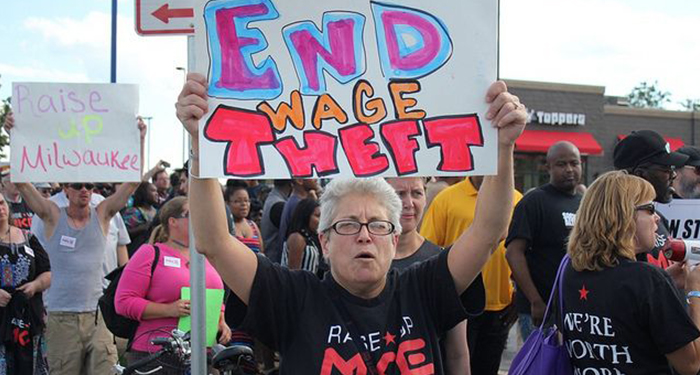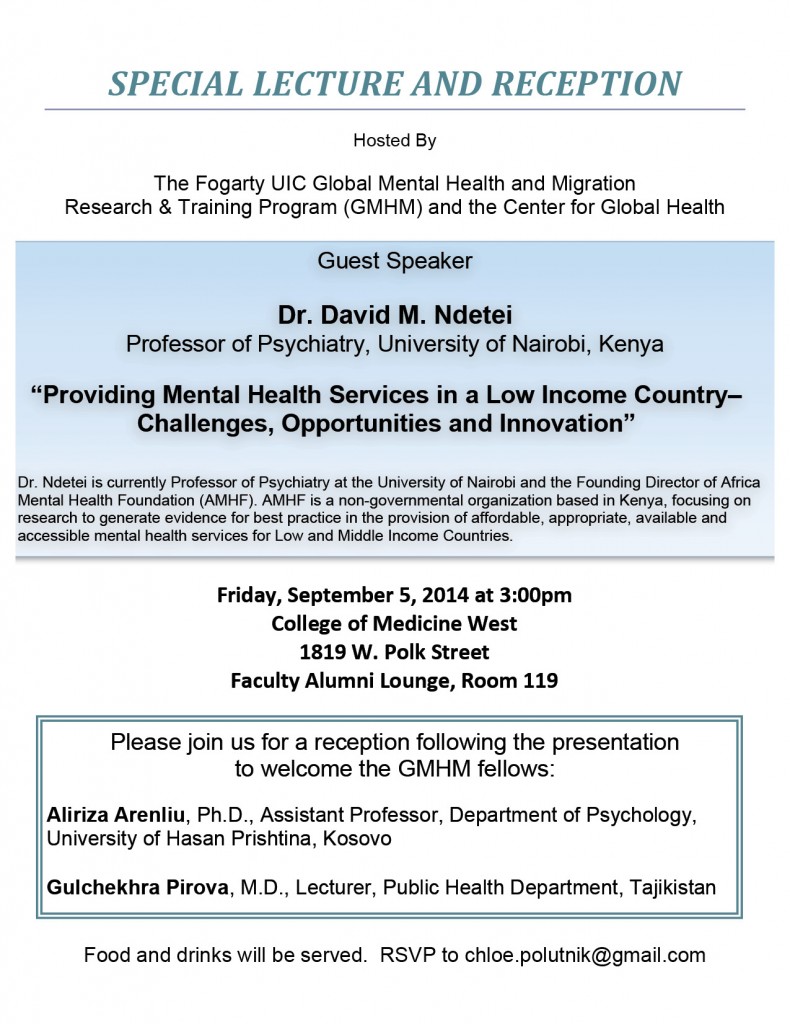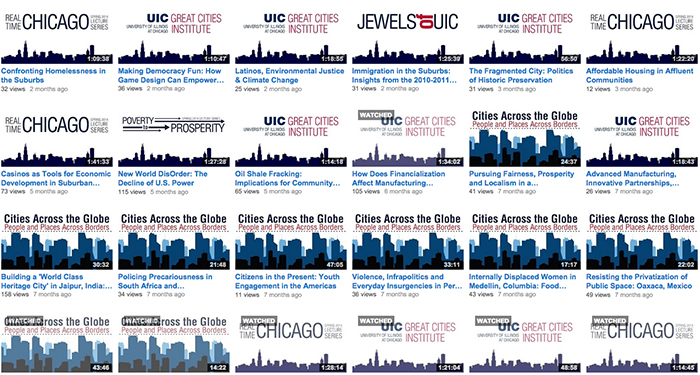Dear GCI followers,
This past week, Great Cities Institute hosted two wonderful events that brought new and established friends together for insightful presentations and discussions on problems of and solutions to pressing urban issues.
We kicked off our Real Time Chicago Series with a panel on Commercial Revitalization. Dan Lira of the South Chicago Chamber of Commerce spoke about their efforts to revitalize Commercial Avenue. A few months back we toured South Chicago with Dan and a number of community leaders. It was exciting to hear more about their programs to bring life back to a commercial area that went into decline after employment from the steel mills left the area. Jaime di Paulo of Little Village Chamber of Commerce also spoke on the panel about both the vibrancy and the challenges of the 2nd most revenue-generating corridor in Chicago, 26th Street. The strength of local businesses in the area is exciting. Also speaking was Abe Lentner, who spoke about some of the general principles of commercial revitalization.
As part of our Jewels of UIC Series, we honored Dean Paul Brandt-Rauf, who gave a riveting lecture on Global Environmental Justice: Footprints, Fairness, and the Future of the Planet. Dean Brandt-Rauf argued that environmental health problems of countries like Bangladesh need to be considered within the larger context of the overall distribution of eco-system services around the world currently and into the future. He described current public polices and private practices “as a major ethical failure and environmental injustice on a global scale.” He further argued:
Consideration of ecological footprints provides a convenient framework for providing a more fair distribution of all eco-system services globally to achieve intra-generational environmental justice. Furthermore, it is clear that our current ecological footprints, even if fairly distributed, are not sustainable into the future without irreparably damaging eco-system services, which could result in ecological catastrophe and preclude any reasonable form of inter-generational justice. To avoid this, a global paradigm shift – an eco-enlightenment will be required with changes in individuals, institutions and ideas – a new level of thinking about what truly constitutes progress and prosperity for all members of current and future generations.
The video from Dr. Brandt-Rauf can now be viewed on our website and the video on Commercial Revitalization will be up in a few days.
This week, we turn our attention to the UIC Urban Forum and invite everyone to attend. It should be an exciting day, during which time we will focus on the importance of the neighborhood.
Sincerely,
Teresa Córdova
Director


